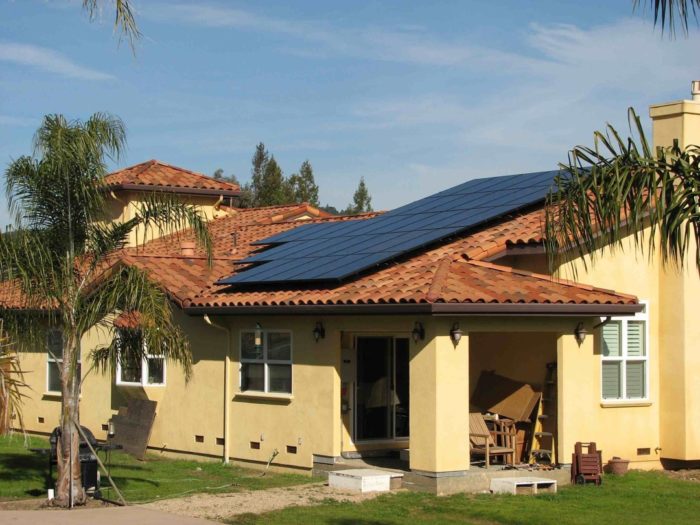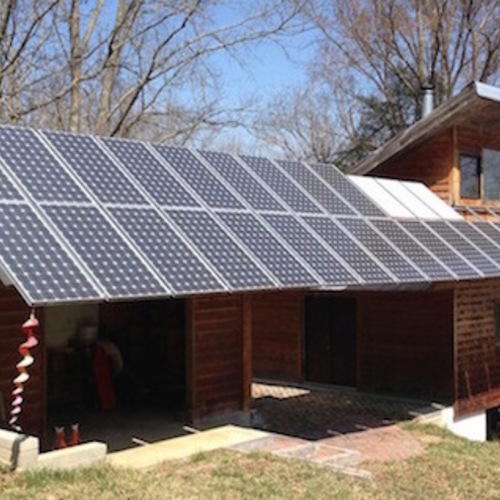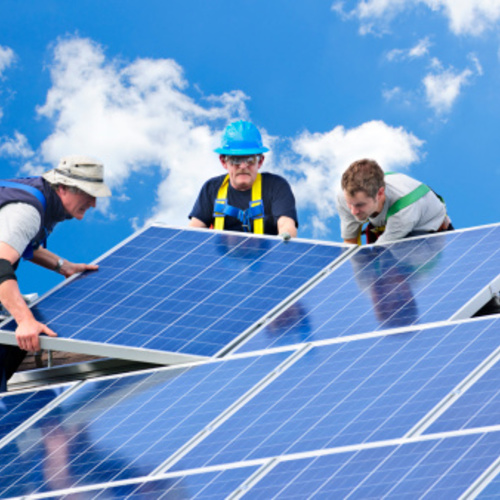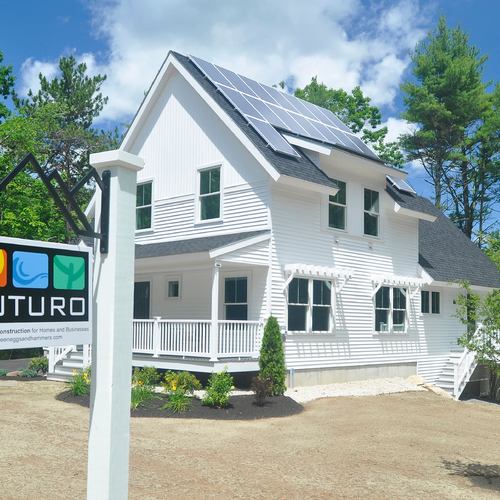
California now has more installed photovoltaic (PV) capacity than a number of European nations as well as Australia, and it sits at the top of the heap in the U.S., according to a new report.
The latest U.S. Solar Market Insight Report from GTM Research and the Solar Energy Industries Association (SEIA) ranked California ahead of the United Kingdom, France, Spain, Australia, and Belgium and is the first state in the U.S. to have more than 10,000 megawatts of installed solar capacity, SEIA president and CEO Rhone Resch said in a statement.
If California were a nation, it would rank sixth in the world in installed PV capacity, with enough solar to power nearly 2.6 million homes.
Of the 718 MW of new capacity installed in the first quarter of the year, the majority, 399 MW, is in utility-scale projects. Another 231 MW is residential and the balance of 88 MW consists of commercial installations. Collectively, the additions amount to an investment of $1.7 billion.
“To put the state’s remarkable progress in some context, today California has 10 times more installed solar capacity than the entire nation had in 2007,” Resch said.
He attributed the “explosive growth” to public policies such as the federal solar Investment Tax Credit, Renewable Portfolio Standards, and net-metering.
Prices for installed residential PV systems dropped 4% year-over-year in the first quarter, and are nearly 50% lower than they were five years ago.
“The upswing in residential installations is expected to continue in the foreseeable future, especially in light of a recent report by the California Energy Commission, which shows that more than a quarter of all new homes being built in Southern California are being constructed with solar energy systems,” Resch’s statement added. “Presently, there are 2,226 solar companies at work throughout the state, employing 54,700 Californians — and those numbers are continuing to grow.”
After California, the next five states ranked in order of first-quarter installations were Nevada, New York, North Carolina, Massachusetts, and Texas.
Other conclusions
The new Market Insight Report also made these points:
- Solar installers are looking for ways of combining PV with other technologies and services, including distributed energy storage, load control in the form of smart thermostats or smart home kits, demand response, and electric vehicle charging.
- The growth of residential PV systems is especially strong, up 76% over the first quarter of 2014 and up 11% from the fourth quarter of 2014.
- Non-residential PV installations are slipping, down 3% from the first quarter of last year and down 24% from the fourth quarter of last year.
- State incentives are “less critical” in a handful of states, but in most markets across the U.S. state incentives are still necessary to make residential PV installations economically viable.
Weekly Newsletter
Get building science and energy efficiency advice, plus special offers, in your inbox.















3 Comments
More to go but great start
As someone once said things are only impossible till they are not
"Solar installers are looking
"Solar installers are looking for ways of combining PV with other technologies and services, including distributed energy storage, load control in the form of smart thermostats or smart home kits, demand response, and electric vehicle charging"
A smart home is the dumbest idea anyone could come up with. What are you going to do when someone hacks your home and turns off your refrigerators and turns on your furnace in the middle of July and then randomly turns on an off lights/tvs/stereos at their whim?
Don't think it will happen? Google about the two guys that hacked a Jeep Cherokee in St. Louis. They were able to disable the brakes, cut the transmission, control the steering, just about anything they wanted to do from a laptop from anywhere in the world. Everything you connect to the internet will be vulnerable regardless of what the manufacturers tell you about security.
[Editor's note: Here is a link to one of the articles that B.W. is referring to: Hackers Remotely Kill a Jeep on the Highway.]
@ But Why
Individual
@ But Why
Individual customers don't have to use smart home stuff, solar panels with distributed storage and electric vehicle charging is a great way to save money and reduce use of fossil fuels.
Log in or create an account to post a comment.
Sign up Log in